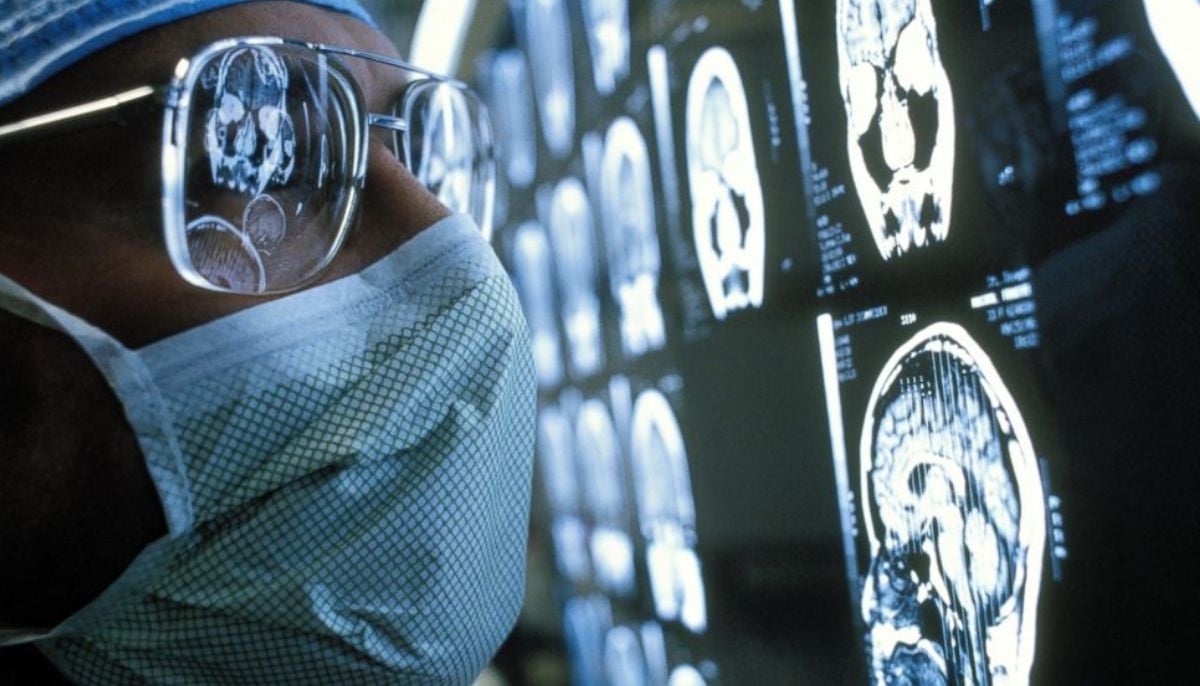UN calls for huge investment to roll back AIDS
Geneva: New HIV infections have dropped by 35 percent from 2000 but the world needs to dramatically step up investment as well as access to treatment to roll back AIDS, UNAIDS said Tuesday.
There have been remarkable strides with the advent in 1996 of antiretroviral drugs, which suppress the human immunodeficiency virus (HIV), but a lot more needs to be done,
By AFP
July 14, 2015
Geneva: New HIV infections have dropped by 35 percent from 2000 but the world needs to dramatically step up investment as well as access to treatment to roll back AIDS, UNAIDS said Tuesday.
There have been remarkable strides with the advent in 1996 of antiretroviral drugs, which suppress the human immunodeficiency virus (HIV), but a lot more needs to be done, the UN agency said.
Though not a cure, the therapy creates a virtuous circle. The less virus in circulation, the less likely it is that people become infected.
"The world has delivered on halting and reversing the AIDS epidemic," said UN chief Ban Ki-moon. "Now we must commit to ending the AIDS epidemic."
"In 2011 world leaders called for reaching 15 million people with life-saving HIV treatment by 2015. And that is exactly what the world did - ahead of schedule," said UNAIDS chief Michel Sidibe in a report entitled "How AIDS changed everything."
Although new HIV infections declined to two million in 2014 against 3.1 million 14 years ago and in 83 countries the number of new infections has noticeably decreased or remained stagnant, spending on AIDS has plateaued, it warned.
"After a decade of unprecedented growth, financing for the AIDS response has levelled off. At the same time, the world now has compelling evidence that people with HIV benefit by accessing antiretroviral therapy as early as possible," it said.
There are currently 36.9 million people living with HIV around the world. Around March this year, 15 million of them were accessing antiretroviral therapy.
UNAIDS said further increases and efficient reallocation were needed to address the "increased need of earlier initiation of antiretroviral therapy" and called for AIDS spending of $32 billion (29 billion euros) annually between now and 2020 in the hope of eliminating the virus by 2030.
A chunk of the money is also needed to ensure that those affected can gain access to therapy, it said.
"Stigma, discrimination and punitive laws continue to affect the people most impacted by HIV and to block their access to HIV services in every region of the world.
There have been remarkable strides with the advent in 1996 of antiretroviral drugs, which suppress the human immunodeficiency virus (HIV), but a lot more needs to be done, the UN agency said.
Though not a cure, the therapy creates a virtuous circle. The less virus in circulation, the less likely it is that people become infected.
"The world has delivered on halting and reversing the AIDS epidemic," said UN chief Ban Ki-moon. "Now we must commit to ending the AIDS epidemic."
"In 2011 world leaders called for reaching 15 million people with life-saving HIV treatment by 2015. And that is exactly what the world did - ahead of schedule," said UNAIDS chief Michel Sidibe in a report entitled "How AIDS changed everything."
Although new HIV infections declined to two million in 2014 against 3.1 million 14 years ago and in 83 countries the number of new infections has noticeably decreased or remained stagnant, spending on AIDS has plateaued, it warned.
"After a decade of unprecedented growth, financing for the AIDS response has levelled off. At the same time, the world now has compelling evidence that people with HIV benefit by accessing antiretroviral therapy as early as possible," it said.
There are currently 36.9 million people living with HIV around the world. Around March this year, 15 million of them were accessing antiretroviral therapy.
UNAIDS said further increases and efficient reallocation were needed to address the "increased need of earlier initiation of antiretroviral therapy" and called for AIDS spending of $32 billion (29 billion euros) annually between now and 2020 in the hope of eliminating the virus by 2030.
A chunk of the money is also needed to ensure that those affected can gain access to therapy, it said.
"Stigma, discrimination and punitive laws continue to affect the people most impacted by HIV and to block their access to HIV services in every region of the world.
-
Can brain stimulation make people kinder & less selfish? New study offers hope
-
Mariah Carey details 'hardest' bipolar disorder experience
-
Pink reveals health routine for asthma management
-
Gigi Hadid talks about 'relieving tension' amid having Hashimoto's disease
-
Selena Gomez explains why she thought lupus was 'life-or-death'
-
How Kim Kardashian made her psoriasis ‘almost’ disappear
-
Nick Jonas gets candid about his type 1 diabetes diagnosis
-
Sir Jackie Stewart’s son advocates for dementia patients











